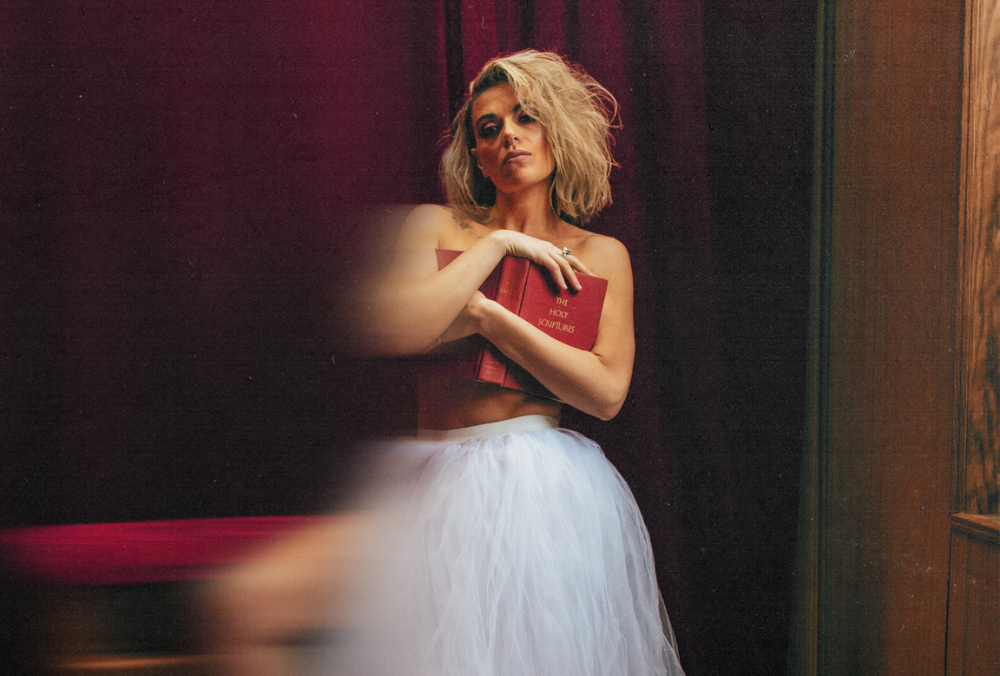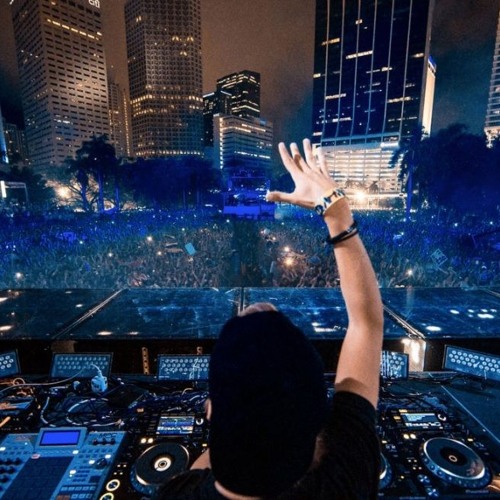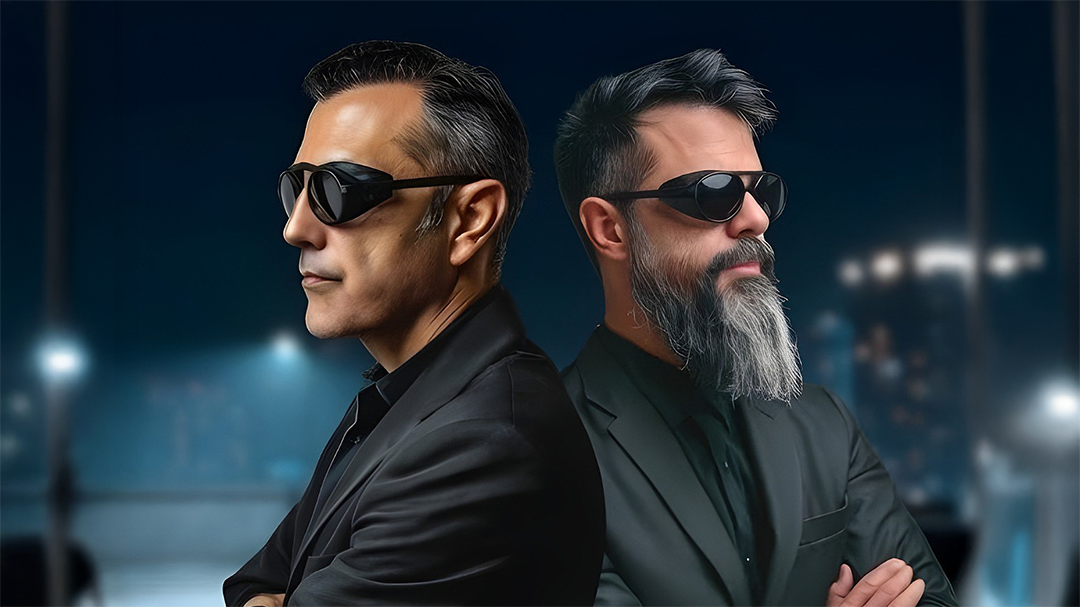After its premiere last week and even before then, Crunchyroll's Onyx Equinox made waves for its dedication to Latinx representation, taking place in a fantasy version of ancient Mexico where gods and monsters dwell. In the series, an Aztec boy named Izel is chosen by the god Quetzalcoatl to close the five gates to the underworld and save humanity from destruction.
Onyx Equinox series creator Sofia Alexander recently sat down with CBR to discuss her inspirations for the show. She discussed some of her and her team's challenges in getting the series to audiences worldwide, as well as whether a series like Onyx Equinox could actually be considered an anime. Sofia also talked the importance of meaningful representation, creating a sympathetic hero and more.
CBR: So to start, with Onyx Equinox featuring such an underrepresented group on screen, what were your biggest challenges in getting the series to exist?
Sofia Alexander: Pitching it was a challenge in that you never know who would be interested in telling a story about a culture that is not well known or who would even be the right person to tell it, because, you know, I'm Mexican and it's obvious that I have White privilege. However, I could have told any other story. But I thought “Well, I’ve always had Onyx in my heart,” and I wanted to tell that story to show Mexico and how beautiful it is and its cultures that exist to this day — and I wanted to do it with dignity and respect towards Mexico and Indigenous Mexicans. [Other than that] there was really no challenge except pitching to the right person, which ended up being Crunchyroll. And they've been wonderful to the project.
Going back a bit to representing ancient Mexico in a respectful way, I was really surprised at how real and lived-in the world of Onyx Equinox felt. How did you go about making it feel so tangible? Because it really feels like a place that's always been there.
That is awesome to hear! Well, I grew up in Mexico. I grew up in Cancun, Quintana Roo, which is home to many Maya archaeological sites. I have Indigenous roots — my grandfather is Indigenous and it was his life's goal to make sure that we loved the Mexico of today and of the past and that we appreciate our cultural heritage. I grew up surrounded by Mesoamerican culture, so I already had a love for it from a very young age. For me, [making Onyx] was a translation between my experiences into the writer's room and into animation. There's a lot of translations there, from a Mexican woman, to an American audience, to an overseas studio to...[laughs]. So I'm very happy to hear that you felt like it was a real place.
Well, to begin with, it is a real place, and you can visit the site! So it’s even more exciting for me to have people go “Oh, crap, you mean I can fly and be exactly where Izel was standing?” That is still one of the best things I get to share, because our culture should be shared and should be shown to the world. And I hope that others, much like you, have that same experience. And I hope that, more than anyone, Mexico loves it. I hope that [Mexicans] can see themselves in a different light from what Hollywood has shown the world of us. I hope that the world can appreciate us in a different light and that Indigenous Mexicans and other Mexican creators will see that our stories can be told and that people will like them. I want to tell my stories. And this is an invitation for others to tell their stories as well.
Looking at the cast list, there's a lot of Latinx representation on the cast and on the crew. I was wondering what your thoughts are on being able to get that both on the screen and behind the scenes.
Well, this is a Mexican project because I'm Mexican, I'm at the helm of it, so it was important for me to make sure our team behind the scenes with the voices were diverse, not for the sake of diversity, but because we were sending out a call to all artists of all experiences, of all everything to invite them to be part of this. And it was wonderful. I was really lucky to have found the team that I have because they really guided me through the process.
I was also lucky to be able to invite Monica Robles, who is another Mexican who lives in the state of Chiapas, which is also a [home for many Maya archaeological sites]. Her art style is very Mesoamerican-influenced. I thought "I need to invite her to to bring that art into this world," to make it feel even more authentic, even more real, even more tangible. I feel that if I really sit down and go through our team, it wasn't difficult at all to have a healthy amount of representation.
And I know a lot of times the excuse that show business likes to give “Oh, well, we couldn't find any.”
You know, to a certain point for us — when it comes to art — I knew people. When it comes to voice, when it comes to direction, when it comes to editing, I knew no one. So, I do depend on other people to help me find others. And I feel that they were great because I did say I would like to have more Hispanic voices in this. I would like to have more.
In fact, our Monster Designer, Jonathan Reyes, was awesome. He is from Puerto Rico, and he lived in oh, I don't remember...Wisconsin? I'm sorry, Jonathan, if you're hearing this [laughs]! He didn't have any experience in the animation in the industry at all. But I saw his work on Twitter and I said “I have to have this guy.” And I was like “Oh, my gosh, you're probably too busy. Can you come work with me? Do you want to?” And he's like “Dude, I'm not working in animation at all. This is a dream!” I'm like, “come over!” So, I like to look for people as well. For Izel, I could just not find someone with the voice I wanted and I was so frustrated! I sent out a casting call on Twitter, and that's how I found Izel, Olivia Brown, who is a voice actress.
Speaking of Izel, he was really interesting because he doesn't strike me as a typical action protagonist — he doesn't even really like the world he’s supposed to be saving! What can we expect from his emotional and literal journey as the series progresses? Because, two episodes in, you can tell he's very layered, something very different.
And that's wonderful to hear, because, like you said, he's not the stereotypical hero. I was very adamant in the writer's room — and they were completely understanding and up for it — that Izel, by the second episode, he's not suddenly like, “Yeah, I'm going to do this!” You know, he is actually forced to do it. He has no intention to begin with. The gods took the only thing he felt he had power over, which is his life, and it's so frustrating for this kid to be forced to do something that takes a lot of courage. It takes a lot for him to get out of that dark place. He is forced initially and he realizes that he can't even go back to his normal life. He no longer belongs to that world and he's shunned.
I hope that people can understand and sympathize [with] why he feels that way and why he’s acting that way. He's 13 years old, no 13-year-old is going to go through such a traumatic time and then see this giant jaguar emissary of the gods and then go, “All right, I'll embrace my destiny." And I hope that his emotional mental journey is — I don't know if compelling is the right term — but I hope that people can see it and go “This is about right. This is about how I would expect something like this to go” and see themselves in Izel through all the trials and just everything he goes through emotionally, because that's what’s at the heart of Onyx. It's not about the [gods’] bet. It's not about the action. It's about his emotional journey and how he grows out of it. Well, not out of it, through it.
I have just one last question for you, then. So, this is a little more meta: there are those who would argue that anything from outside of Japan doesn't technically count as anime. What are your thoughts as somebody outside of Japan with a show on an anime platform?
I mean, I also agree with them that anime’s from Japan — the term anime. Anime in Japan, as Kuni Tomita — my supervising director, she's a Japanese woman who's worked on Akira and Little Nemo in Slumberland and stuff like that — said that anime is just a term that you use for any animation. So, they don't have their own term for cartoons. It's just like how we call cartoons cartoons. It's like, you go to Japan and they have their anime and then they have SpongeBob. You have to call that a cartoon. You cannot call something that's made over in Japan a cartoon.
So, it's really perspective. If people feel comfortable calling Onyx a cartoon or an anime, that’s fine and I will not tell them how to feel or think. For me, yeah, it's a cartoon inspired by anime. And the reason it's on Crunchyroll is because this is a place where I could share the theme of this story, the content of this story. I had the freedom to say what I wanted with Onyx and Crunchyroll has been more than wonderful and a great platform for me to share this story. I definitely could not go to Disney and be like “Can you make this, you know, it's anime-inspired...[laughs].” A lot would not have gone the way [for] Onyx [to be what it is] is today were it not for me joining Crunchyroll and their teams.
I think a few people might actually be surprised by that answer.
I hope a good surprised!
Created by Sofia Alexander, Onyx Equinox stars Olivia Brown as Izel, Alejandro Vargas-Lugo as Yaotl, Carolina Ravassa as Zyanya, Kimberly Woods as Xanastaku, Patrick Pedraza as Yun and Juan Arturo Maldonado as K'in. The second episode premieres Nov 28 on Crunchyroll.
About The Author

